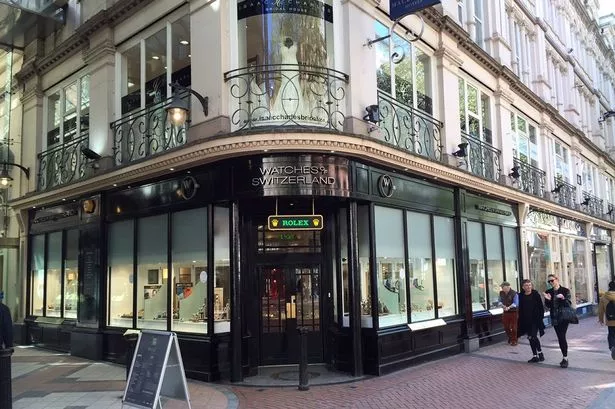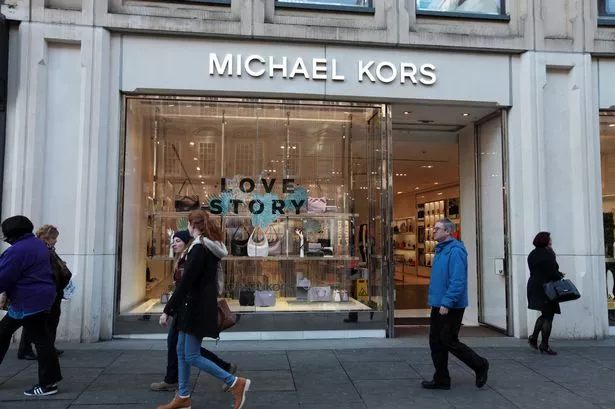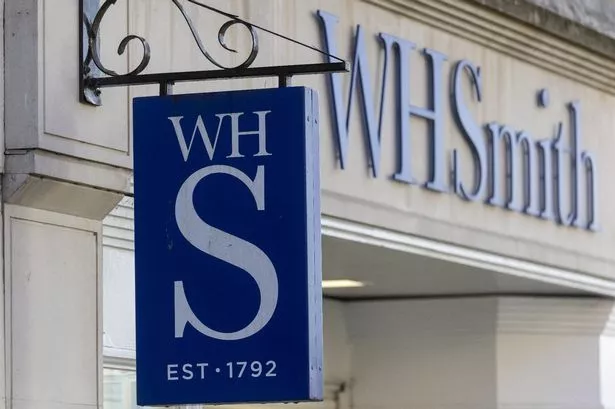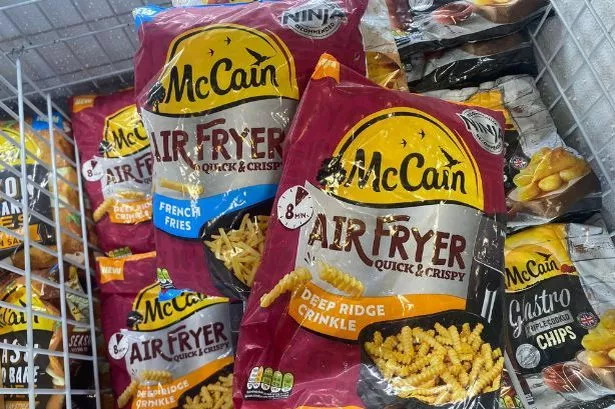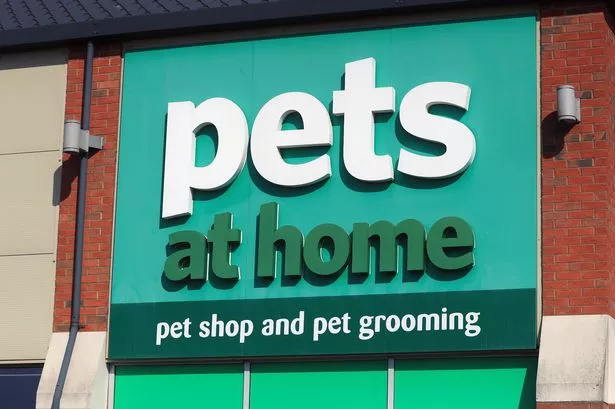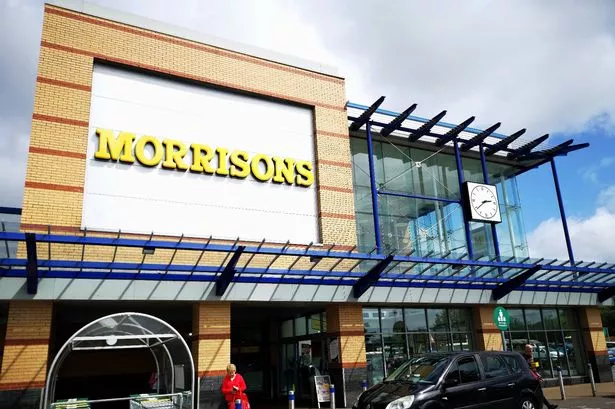
Unilever has officially announced its acquisition of refillable deodorant brand Wild, as part of its strategy to expand its footprint in the premium beauty and self-care market.
The financial details of the transaction were not disclosed, but it is estimated that the deal values Wild at £230m, as reported by City AM.
Wild was launched in 2019 by business partners Charlie Bowes-Lyon and Freddy Ward and experienced significant growth during the Covid-19 pandemic, achieving its first profitable year in 2023. "Joining Unilever marks an exciting new chapter for Wild," said co-founder Charlie Bowes-Lyon.
He added: "Our mission to remove single-use plastic from the bathroom with desirable, innovative personal care products will be hugely strengthened by leveraging Unilever's expertise, scale and reach to further grow the brand and bring our vision to more consumers."
Bowes-Lyon told The Times that he hopes Unilever can assist Wild in moving some production, particularly its aluminium casings, from China to Unilever-owned factories in America.
The purchase of Wild aligns with Unilever's Growth Action Plan 2030, which aims to optimise its portfolio towards "premium and high growth spaces," according to the company.
In March, new CEO Fernando Fernandez identified approximately €1bn (£840m) worth of brands in its Foods Europe division that "don't fit well" with the company's portfolio. "[Wild is] a perfect complement to our Personal Care portfolio," stated Fabian Garcia, president of Unilever Personal Care.
Wild has primarily utilised digital advertising channels such as Instagram and TikTok to market its products. However, the news of Wild's acquisition has elicited mixed reactions from creators on these platforms.
For instance, some Instagram creators have begun suggesting alternatives to Wild for consumers who prefer supporting smaller-scale brands.
There are also apprehensions that Wild's environmental credentials may diminish, with many citing Unilever's history of plastic production. Dove, one of Unilever's brands, was criticised by Greenpeace last year for its use of plastic sachets, leading activists to blockade the entrance to Unilever's headquarters on 5th September.



